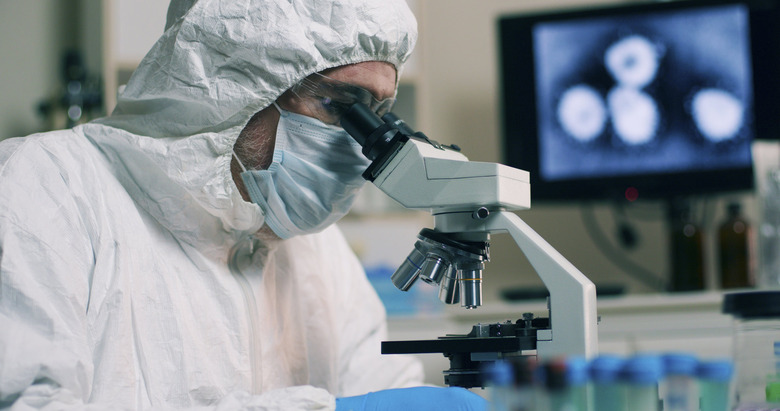Breakthrough Study Suggests It Might Be Impossible To Reverse Aging
Life expectancy has increased dramatically in the past few hundred years, as humans have improved living conditions and medical treatments. However, living longer isn't the endgame, as many research projects are looking at preventing or even reversing the process of aging.
Some researchers might have figured out how to reverse aging in the brain. Others think they've discovered the genetic keys needed to reverse aging. But brand new research indicates that humans, like many other species, are doomed to age. The process might be unstoppable and our ability to slow down aging might be limited, according to a breakthrough study.
Published in Nature, the new study seems to indicate that immortality and everlasting youths might be just myths. Biological constraints might make it impossible to slow the rate at which we age, according to the new findings.
Researchers from 14 countries, including scientists from the University of Oxford, tested out the "invariant rate of aging" hypothesis. The theory says that a species has a fixed rate of aging from adulthood, and the study seems to confirm it.
"Our findings support the theory that, rather than slowing down death, more people are living much longer due to a reduction in mortality at younger ages," José Manuel Aburto told The Guardian. Oxford's Leverhulme Centre for Demographic Science scientists analyzed age-specific birth and death data spanning centuries and continents.
"We compared birth and death data from humans and non-human primates and found this general pattern of mortality was the same in all of them," he said. "This suggests that biological, rather than environmental factors, ultimately control longevity."
"The statistics confirmed, individuals live longer as health and living conditions improve, which leads to increasing longevity across an entire population," the researcher added. "Nevertheless, a steep rise in death rates, as years advance into old age, is clear to see in all species."
The researchers compared mortality differences "both within and between species," with Aburto saying they had access to an "extraordinarily diverse collection of data."
The datasets indicated a similar pattern when it comes to mortality. There's a high risk of death in infancy that declines rapidly in the immature and teenage years. After that, the risk remains low until early adulthood and rises continually in advancing age.
"More and more people get to live much longer now. However, the trajectory towards death in old age has not changed," Aburto told The Guardian. "This study suggests evolutionary biology trumps everything and, so far, medical advances have been unable to beat these biological constraints."
While the study's conclusions might be disheartening, there's an industry worth billions of dollars looking at ways to slow down aging. The research will likely continue despite these conclusions. Slowing down aging in key areas might be the key to improving the overall health of the public, even if reversing the aging process can't be achieved.
